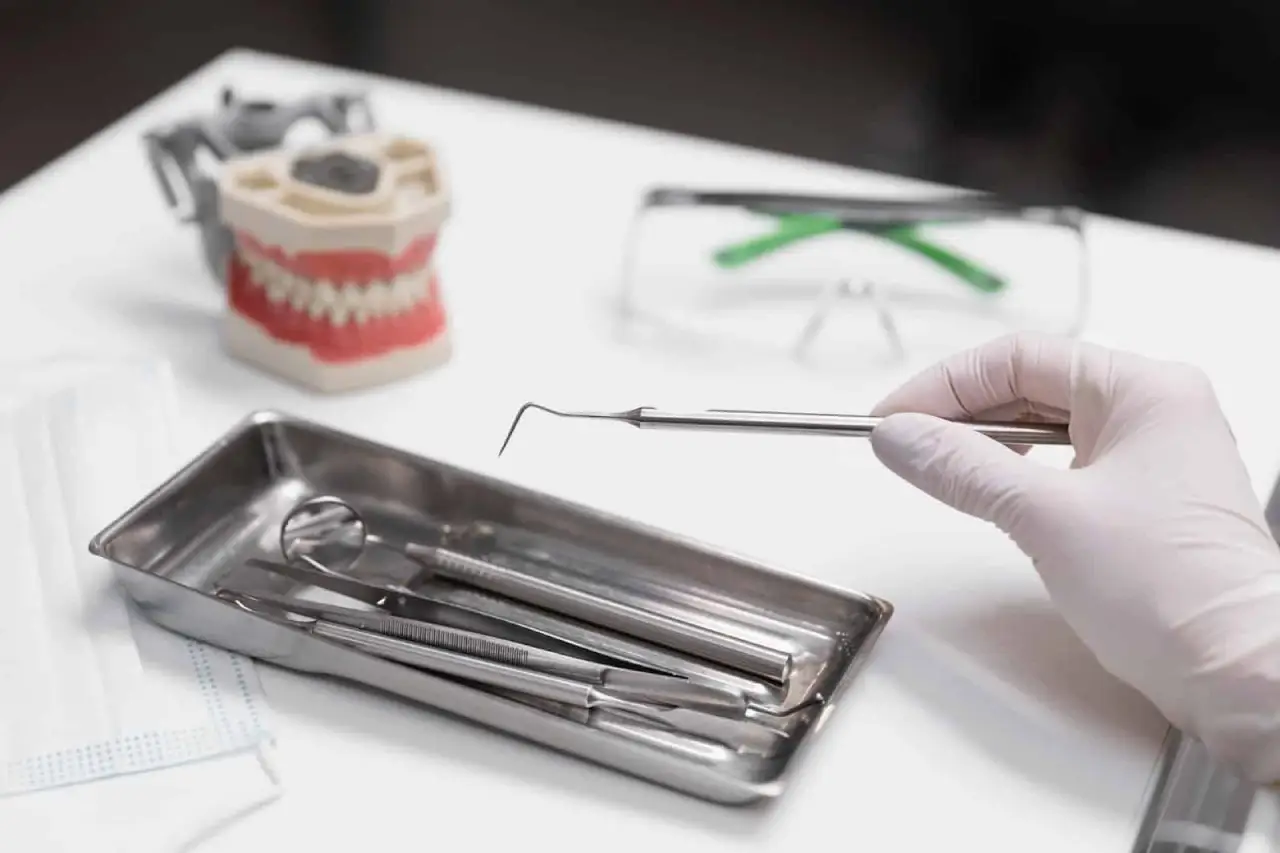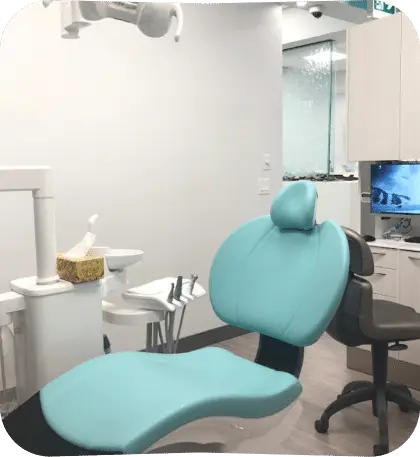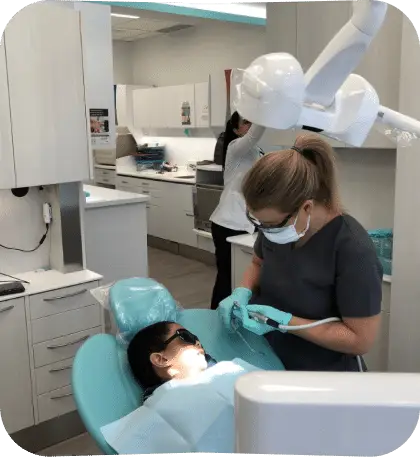Maintaining good oral hygiene is crucial for your overall health, and regular dental cleanings are a significant part of that. But have you ever been told you need a “deep cleaning” instead of your usual dental checkup and wondered what that means?
We’ll break down the differences between deep cleanings and regular cleanings so you’ll know what to expect and why each one is important for your oral health.
Have You Been Concerned About Your Oral Health? Dental Cleanings are Essential in Maintaining Your Teeth & Gums
Regular dental cleanings are an essential part of maintaining good oral health, but sometimes that isn’t enough for people with an excessive build-up of plaque. This is where deep cleaning comes in.
What is a Regular Dental Cleaning?
Regular dental cleaning is something most of us are familiar with. It’s the standard cleaning you get (typically) every 6 months when you visit the dentist. The goal of a regular cleaning is to maintain the health of your teeth and gums, preventing gum disease and cavities before they become a problem.
Here’s what typically happens during a regular dental cleaning:
- Plaque & Tartar Removal: Your dental hygienist will use special tools to remove plaque and tartar from the surfaces of your teeth. This process, called scaling, is crucial because once tartar forms it can’t be removed by regular brushing and flossing.
- Polishing: After removing the buildup, your hygienist will polish your teeth, making them smooth and shiny.
- Flossing & Fluoride Treatment: Your teeth will also get a good flossing to clean out any remaining debris between them. Sometimes, you may get a fluoride treatment to strengthen your enamel and help protect against cavities.
Regular cleaning is a preventive measure meant for patients with generally healthy gums and minimal plaque buildup. It’s a vital part of your routine dental care, helping to keep your smile fresh and your mouth healthy.
What is a Deep Dental Cleaning?
A deep dental cleaning, or scaling and root planing, is a more intensive procedure that goes beyond what a regular cleaning does. It’s typically recommended if you have signs of gum disease such as gingivitis or periodontitis. Unlike a regular cleaning, which focuses on the surface of your teeth, a deep cleaning targets the areas below the gum line.
Deep cleaning involves two key steps:
- Scaling: Just like in a regular cleaning, your dentist or hygienist will remove plaque and tartar, but they will go deeper below the gum line to clean out pockets that have formed between your teeth and gums. These pockets can harbour bacteria and lead to further gum inflammation if not treated.
- Root Planing: After the scaling, your dentist will smooth out the surfaces of your tooth roots. This step helps your gums reattach to your teeth and reduces the risk of future buildup in those areas.

Which Dental Cleaning Service is Best For You?
The main difference between regular cleaning and deep cleaning comes down to the health of your gums. If your gums are healthy with no signs of gum disease, a regular cleaning is all you need. However, if you’ve developed gum disease, especially if there are pockets around your teeth, a deep cleaning may be necessary to restore your oral health.
Some signs you may need a deep cleaning include:
- Bleeding gums when you brush or floss
- Red, swollen, or tender gums
- Bad breath that doesn’t go away
- Loose teeth or gums pulling away from your teeth
If your dentist recommends a deep cleaning, it’s essential to follow through with the treatment. Gum disease won’t go away on its own and neglecting it can lead to more severe problems, including tooth loss. If early signs of gum disease are detected, they can be reversed by following the proper care and treatment advice from your dentist.
Maintain a Good At-Home Oral Hygiene Routine
Whether you receive regular cleaning or deep cleaning, maintaining good oral hygiene at home is crucial. Regular brushing, flossing, and dental check-ups will help keep your mouth in the best shape possible. The best practices to follow are brushing your teeth twice daily (once in the morning and once in the evening) followed by flossing once per day and rinsing with mouthwash once per day. It’s particularly important to instill this routine in your children as young as possible so they can create healthy habits and continue them through every stage of life.

Book Cleanings at Least Every 6 Months to Maintain Your Oral Health
Both regular and deep dental cleanings play essential roles in maintaining your oral health. While regular cleanings help prevent problems before they start, deep cleanings are necessary for treating gum disease and restoring the health of your gums. If you’re unsure which type of cleaning you need, don’t hesitate to ask your dentist. At DentiFlow we are here to guide you toward the best care for your smile. It’s recommended to book dental cleanings at least every 6 months unless otherwise advised.
By staying on top of your cleanings and taking care of your teeth at home, you can keep your mouth healthy and avoid more complicated treatments down the road.











